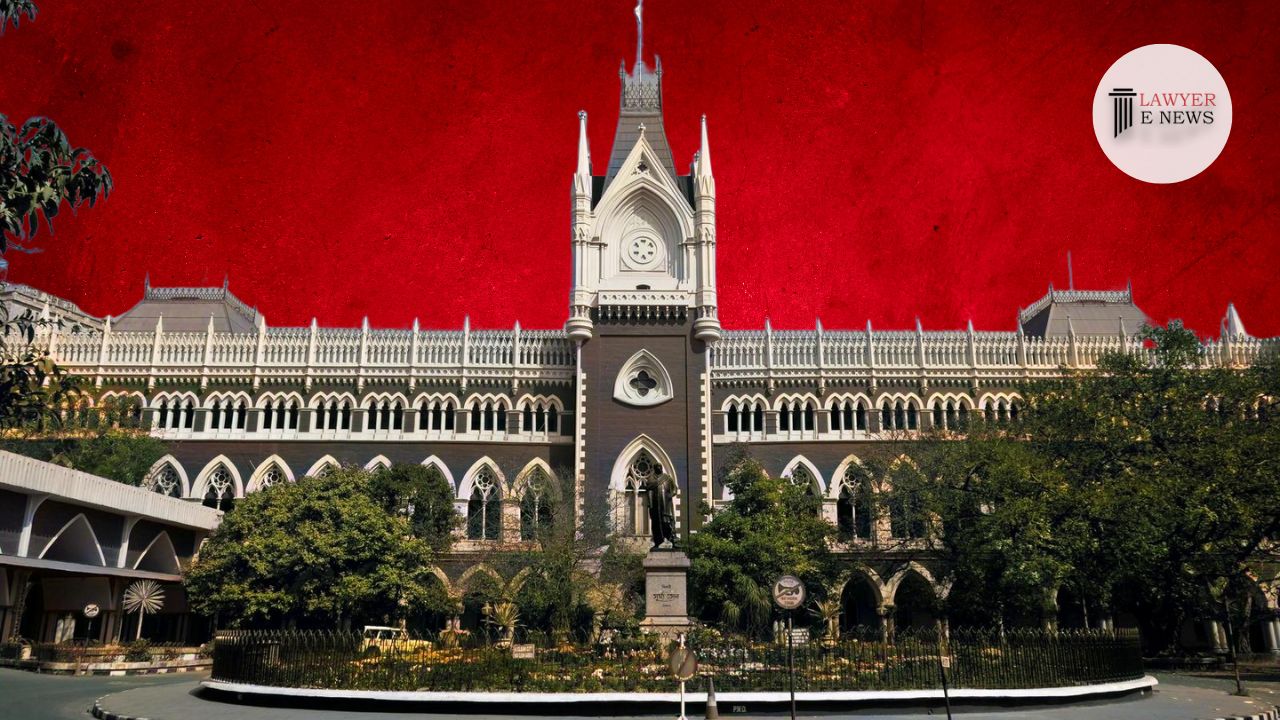-
by sayum
14 February 2026 2:22 PM



In a significant ruling, the High Court of Calcutta has quashed both the show-cause notice and subsequent order denying Input Tax Credit (ITC) to Lokenath Construction Private Limited, citing procedural violations and jurisdictional errors by the West Bengal GST authorities.
Legal Point: The legal crux of the judgment revolves around the procedural propriety of the show-cause notice issued under Section 73(1) of the CGST/WBGST Act, 2017, and the rightful claim of Input Tax Credit under Section 16(2)(c) of the CGST Act, 2017. The court critically examined whether the denial of ITC was justified when procedural norms and jurisdictional mandates were not adhered to by the tax authorities.
The appeal arose from a show-cause notice dated August 22, 2023, issued by the WBGST Authorities, claiming that Lokenath Construction had availed ITC without proper evidence of tax payment by its suppliers. The contention of the appellant was that the show-cause notice was procedurally flawed as it did not verify facts from the supplier's end before denying the credit.
The court highlighted the procedural anomaly where the tax authority failed to verify the tax payment details from the supplier before issuing the show-cause notice. Citing the principle set in the Suncraft Energy Private Limited case, the court underscored that tax authorities must first proceed against the supplier in such cases.
The adjudicating authority’s decision to reject certificates from Chartered Accountants without seeking clarifications was criticized. The court pointed out that unilateral decisions without providing an opportunity to the assessee to clarify discrepancies were procedurally unjust.
It was observed that the findings of the adjudicating authority extended beyond the allegations in the show-cause notice, indicating a breach of the principles of natural justice.
The court applied precedents including the Suncraft Energy case and the Bharti Airtel Ltd. case, emphasizing that the taxpayer's right to ITC cannot be impeded without substantive evidence of collusion or fraud involving the taxpayer.
Decision: The High Court allowed the appeal, setting aside both the order dated December 28, 2023, and the initial show-cause notice. The court directed that the tax authorities first address any discrepancies with the supplier directly and only under exceptional circumstances, as outlined in relevant GST guidelines, should they proceed against the taxpayer.
Date of Decision: May 2, 2024
Lokenath Construction Private Limited v. Tax/Revenue Government of West Bengal and Others
